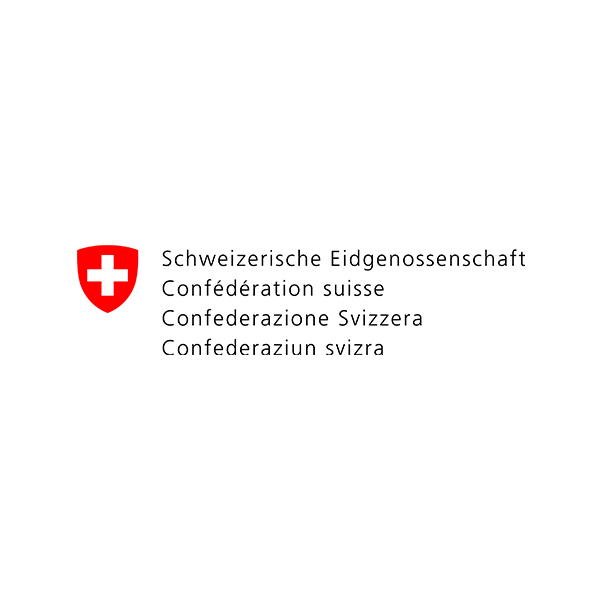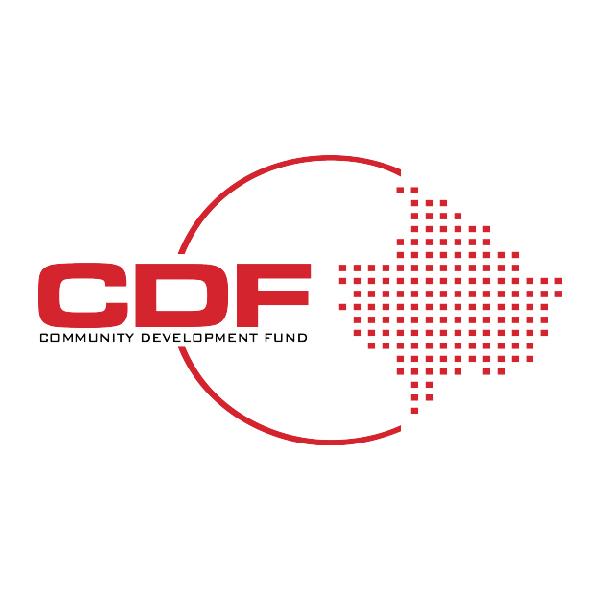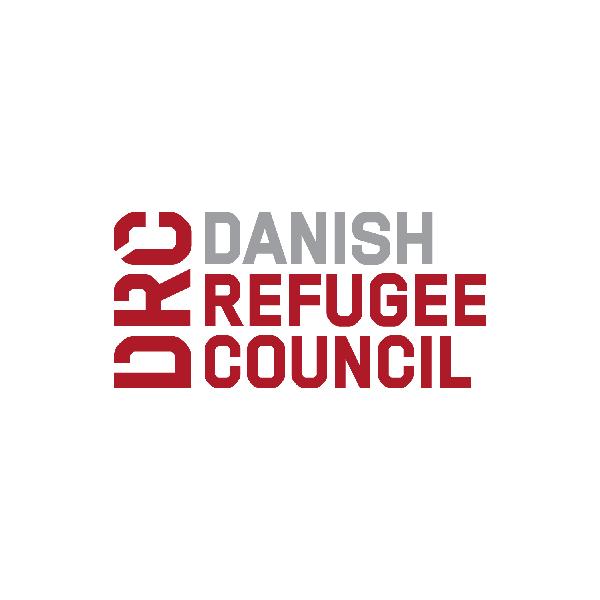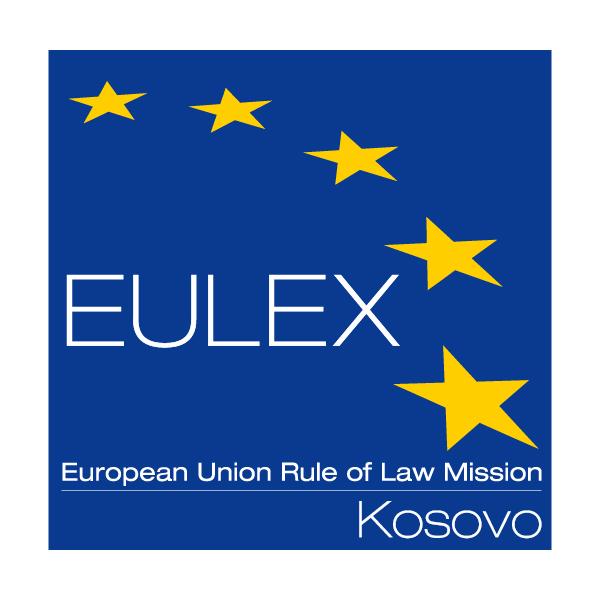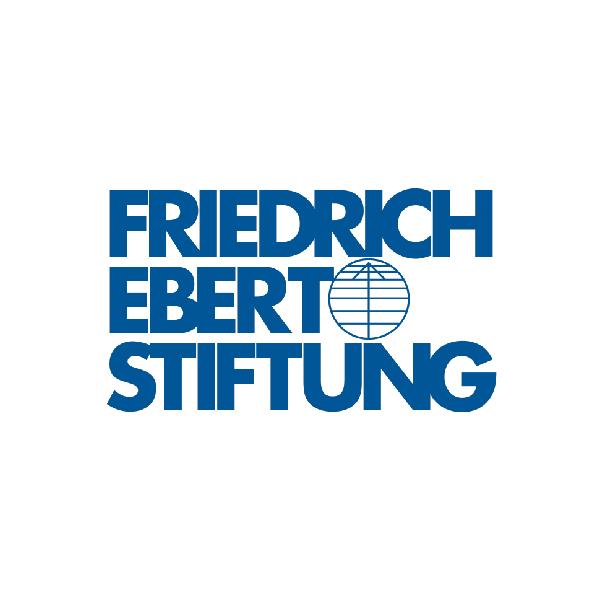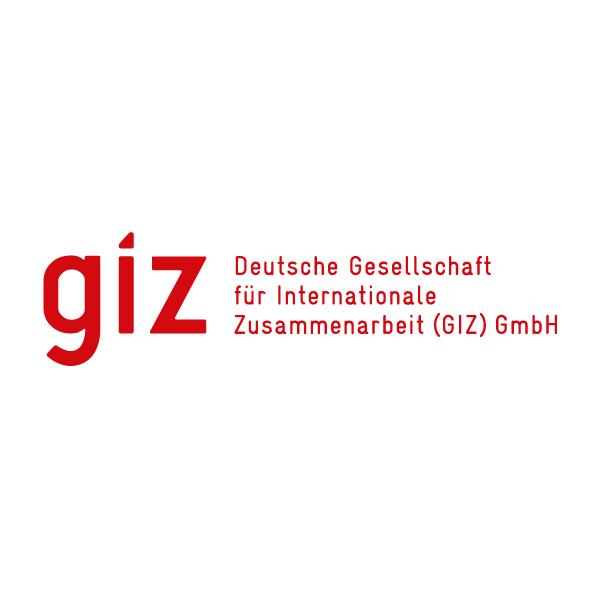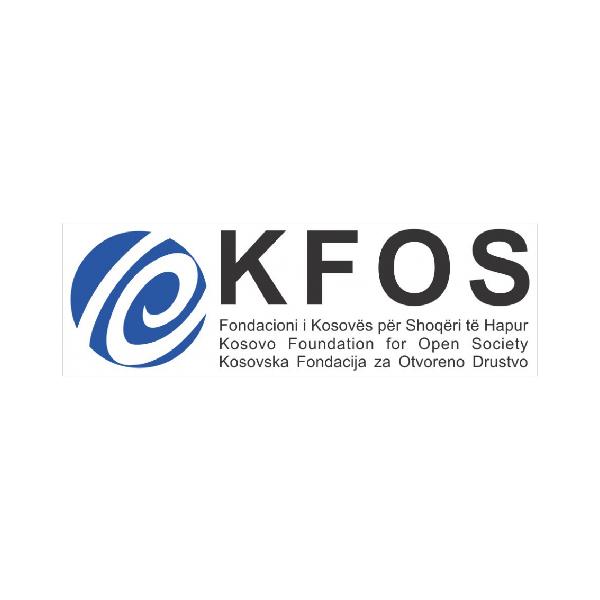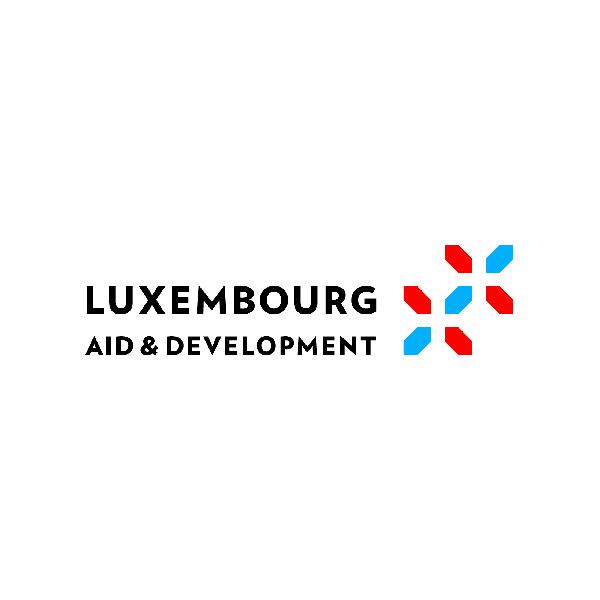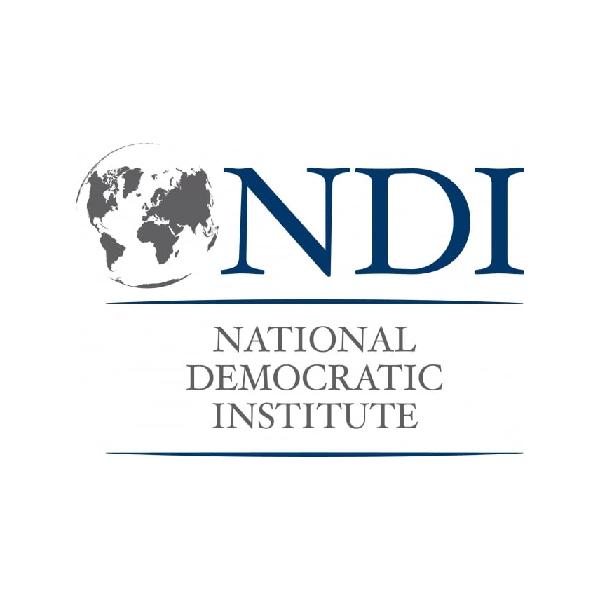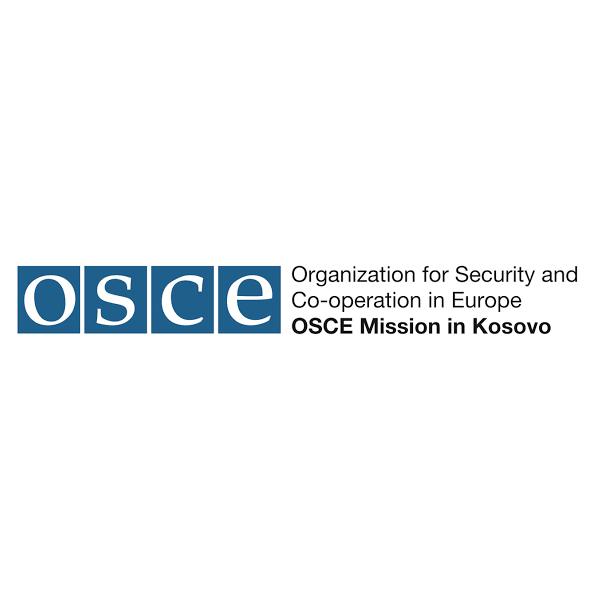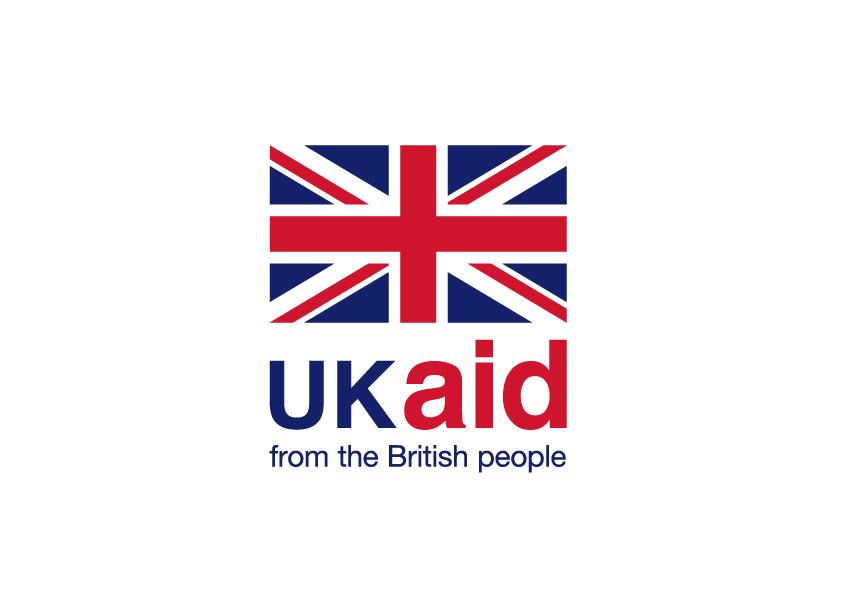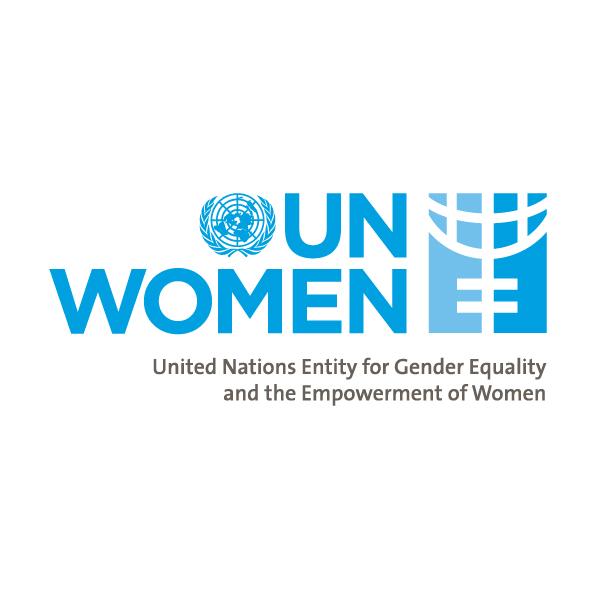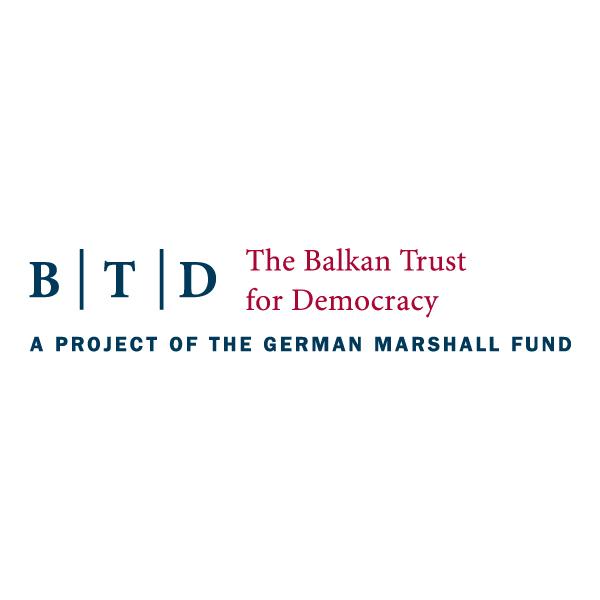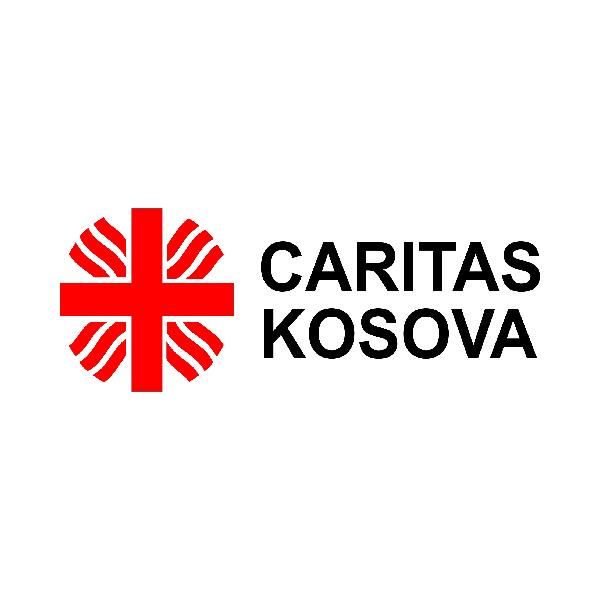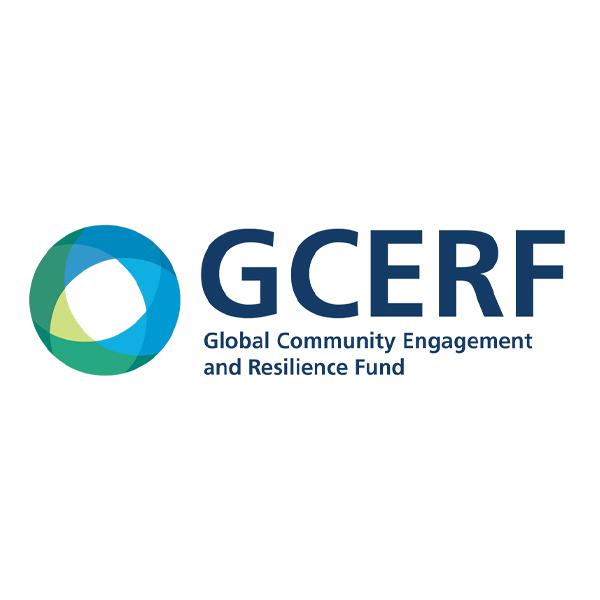On Monday, September 23, a conference titled “How to Reinstate the Brussels Dialogue – Opportunities and Obstacles”, was held in Belgrade, organized by the Working Group of the National Convention on the European Union for Chapter 35, NGO Aktiv, and the Institute for Territorial Economic Development.
Representatives of civil society and experts analyzed the dialogue between Belgrade and Pristina, emphasizing the urgency of restoring trust and implementing existing agreements. In the first panel, “What Is Hindering Progress in the Kosovo-Serbia Negotiations?”, participants focused on the issue of distrust between Belgrade and Pristina. It was pointed out that trust between the two sides urgently needs to be rebuilt, as without it, there can be no progress in negotiations or in implementing the agreements reached.
As highlighted, the focus of upcoming talks will not be on finding new solutions, but on implementing the existing Agreement on the Path to Normalization of Relations. The international community has made it clear that implementation is key to further progress in regional and European integration, and political elites must accept this, it was emphasized.
Coordinator of the Working Group of the National Convention on the EU for Chapter 35, Dragiša Mijačić, assessed that the recent meeting in Brussels was more of a performance than an actual dialogue. He emphasized that future talks will not bring new solutions but will focus on implementing existing agreements, especially the normalization agreement.
“The Path to Normalization Agreement will be in effect for a long period, but the dialogue will focus on its implementation. It is an agreement about everything except recognition”, said Mijačić.
Civil society activist Ilir Deda emphasized the “explosion of distrust” and warned that it is crucial to carefully monitor the measures of the Kosovo government in the coming weeks. He assessed that the Association of Serb Municipalities (ASM) will be established, but that the normalization process must not stop until then. In his opinion, Serbs in northern Kosovo feel abandoned. Deda highlighted a “lack of ideas” and called for support for realistic initiatives that would ease tensions and rebuild trust.
“It is impossible to continue the dialogue as if the current situation, which is the result of a lack of trust throughout the process, does not exist. The distrust is present in the bilateral relations between Belgrade and Pristina. Furthermore, the EU does not trust the parties in the dialogue, and the parties do not trust the EU”, said Deda.
Consultant for the Initiative for Peaceful Change, Ian Bankroft, called for the dialogue to shift its focus to the everyday lives of people and the future. He stressed that Belgrade and Pristina are interconnected and that the progress of one depends on the progress of the other.
“I do not believe that the current dialogue in Brussels has any enthusiasm for new initiatives, we have lost the building blocks. Also, I do not believe that the change in EU personnel will make a difference, nor that it will change the dynamics of the dialogue”, said Bankroft.
In the second panel, “Chapter 35 – Yesterday, Today, Tomorrow”, the responsibilities of the governments of Belgrade and Pristina for the lack of technical dialogue, which is crucial for solving the everyday issues of citizens in Kosovo, were discussed.
Naim Leo Beširi, Executive Director of the Institute for European Affairs, emphasized that years of Brussels dialogue are being spent on “firefighting,” meaning resolving minor issues like license plates, customs stamps, and recognition of Kosovo documents, rather than improving people’s lives. He believes that the ASM must exist, and that Kosovo has an international obligation to implement it. Beširi stressed that both Belgrade and Pristina are responsible for poor infrastructure and the functioning of administrative crossings. He also added that politicians in the region are not showing maturity, which complicates progress.
Marko Dašić from the Center for Social Dialogue and Regional Initiatives assessed that the University in Kosovo (North Mitrovica) plays a key role in preserving the political pluralism of Serbs. He pointed to speculation about the possible relocation of the University from Kosovo, which would further complicate the political activities of Serbs, not because of Belgrade, but because of Pristina. Dašić is skeptical about the inclusion of new political actors in the dialogue and believes that obstacles are largely related to financial dependency and decisions made in Belgrade.
Jovana Spremo from the Lawyers’ Committee for Human Rights noted that for the first time in Serbia, Kosovo is being discussed without it being the central topic of internal politics. She pointed out that Vučić’s conciliatory tone regarding Serbia’s demands and actions, such as the withdrawal of Ana Brnabić’s letter, indicate an attempt to divert attention from key issues in the dialogue. Spremo assessed that, although the technical dialogue once moved in a positive direction, it is now focused on mutual accusations without real discussions about normalization of relations.
Conference participants emphasized that the dialogue between Serbia and Kosovo is being used too much for internal political interests, rather than focusing on solving the concrete everyday problems of citizens. This political approach further complicates the situation, reducing the chances for real progress in negotiations.
The conference concluded that there is a need for stronger engagement and a more responsible approach from the parties to overcome challenges and find lasting solutions that would improve the daily lives of citizens in Kosovo.












